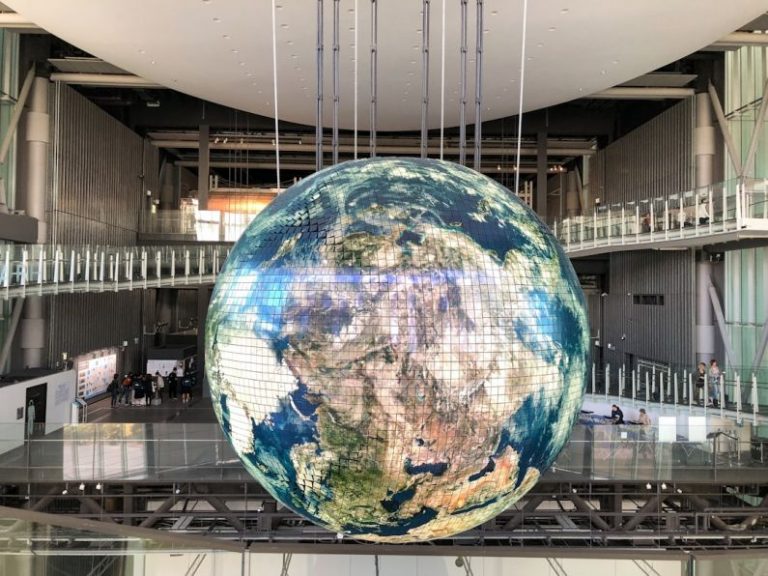
Political stability plays a crucial role in shaping various aspects of a country’s economy, including the real estate sector. Investors often consider the political climate of a country before making decisions to invest in real estate. The level of political stability in a country can significantly impact the growth and profitability of real estate investments. Understanding how political stability affects real estate investments is essential for investors looking to make informed decisions in the ever-changing global market.
The Impact of Political Stability on Real Estate Investments
Political stability serves as a foundation for economic growth and development in any country. When a country experiences political stability, it creates a favorable environment for businesses to thrive, including the real estate sector. Political stability provides investors with confidence in the long-term sustainability of their investments, leading to increased foreign direct investment (FDI) in the real estate market. Countries with stable political environments are more likely to attract foreign investors looking for secure and profitable investment opportunities.
Property Values and Rental Yields
One of the key ways in which political stability affects real estate investments is through its impact on property values and rental yields. In politically stable countries, property values tend to appreciate steadily over time, providing investors with capital gains on their investments. Additionally, stable political environments often lead to consistent rental yields as demand for real estate remains strong. Investors are more inclined to invest in real estate in politically stable countries due to the potential for higher returns and lower risks associated with market fluctuations.
Regulatory Environment and Investment Security
Political stability also influences the regulatory environment surrounding real estate investments. Countries with stable political systems tend to have clear and consistent property laws and regulations, providing investors with a sense of security and predictability. A stable regulatory environment reduces the likelihood of sudden policy changes or government interventions that could negatively impact real estate investments. Investors are more likely to invest in markets where property rights are protected, and the rule of law is upheld, ensuring the security of their investments.
Infrastructure Development and Economic Growth
Political stability plays a critical role in driving infrastructure development and overall economic growth, both of which have a direct impact on real estate investments. Stable governments are more likely to prioritize infrastructure projects such as transportation networks, utilities, and public amenities, which can enhance the value of real estate properties in the long run. Economic growth resulting from political stability creates a conducive environment for real estate investments by increasing demand for commercial and residential properties.
Risk Mitigation and Portfolio Diversification
Investors often view real estate as a safe haven asset class, particularly in times of political and economic uncertainty. Political stability is a key factor in mitigating risks associated with real estate investments, as stable governments are less likely to experience sudden disruptions that could impact property values and rental income. Diversifying real estate portfolios across politically stable countries can help investors hedge against risks and preserve wealth in the face of geopolitical uncertainties.
Navigating Global Real Estate Markets
In an increasingly interconnected global economy, political stability has become a crucial consideration for investors looking to navigate real estate markets across borders. Understanding the impact of political stability on real estate investments is essential for making informed decisions and maximizing returns in diverse market environments. By staying informed about political developments and assessing the stability of different countries, investors can identify opportunities and mitigate risks when expanding their real estate portfolios internationally.
In conclusion, political stability plays a significant role in shaping the landscape of real estate investments. Investors who prioritize countries with stable political environments stand to benefit from higher property values, consistent rental yields, secure investment regulations, and opportunities for diversification. By recognizing the impact of political stability on real estate investments, investors can make strategic decisions that align with their financial goals and risk tolerance in an ever-changing global market.





